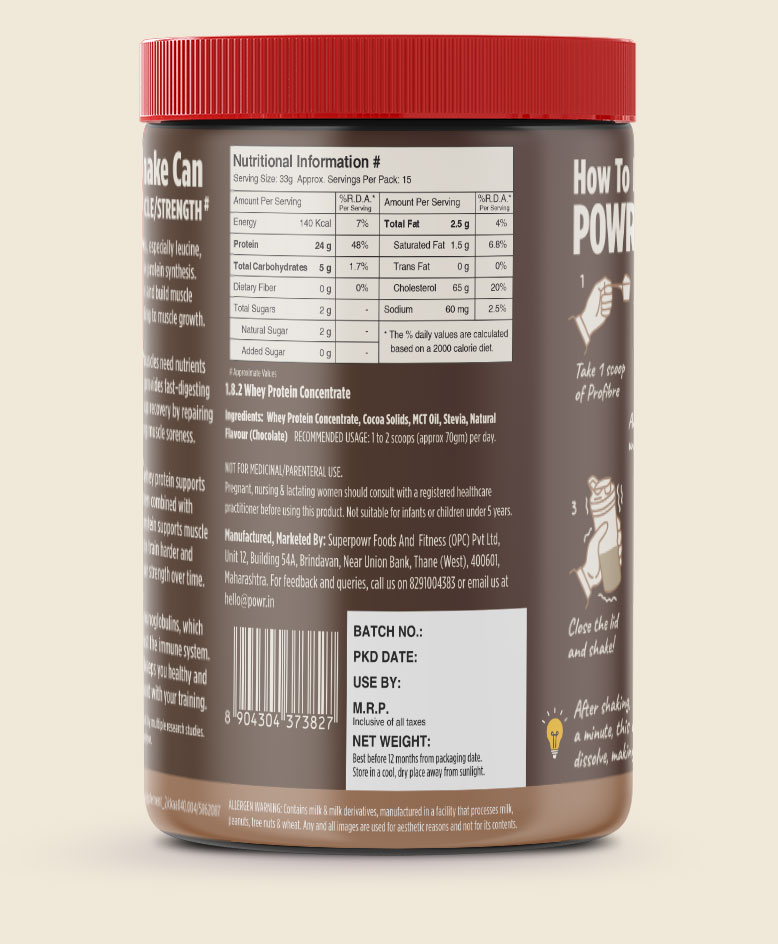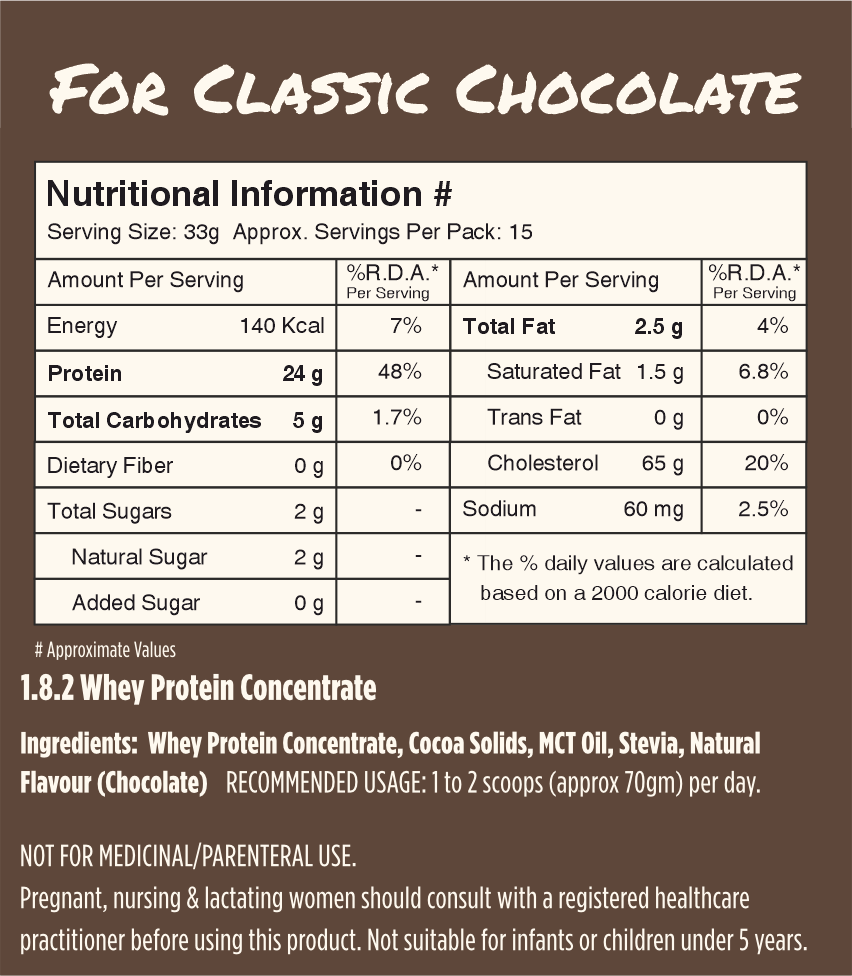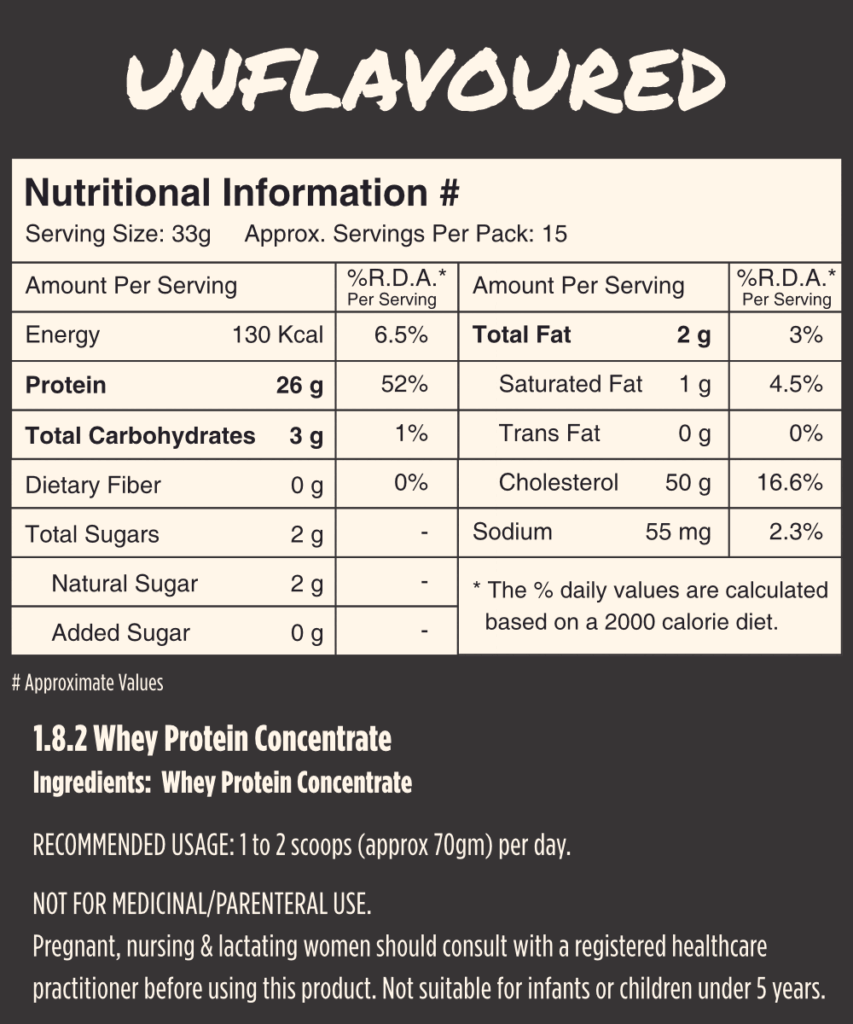PROBLEMS WITH SUCRALOSE
Short version: Sucralose is "safe" in the short term, but has many potential issues for the long run.
Detailed version: Currently one of the most popular artificial sweeteners, long-term intake of sucralose has become the subject of debate due to various potential health concerns.
Emerging research suggests that there could be potential risks associated with chronic consumption. Here are some potential issues related to long-term sucralose intake:
1. Gut Health and Microbiome Imbalance
Impact on gut bacteria: Some studies suggest that long-term sucralose consumption may alter the balance of gut microbiota. A 2014 study found that sucralose reduced beneficial gut bacteria by up to 50% and could negatively impact digestion, immune function, and metabolism.
Leaky gut syndrome: Sucralose may increase intestinal permeability, which can potentially lead to "leaky gut syndrome," a condition where harmful substances leak from the gut into the bloodstream, contributing to inflammation and other health issues.
2. Metabolic Effects and Insulin Response
Altered glucose metabolism: Sucralose may interfere with the body's ability to regulate blood sugar. Some studies indicate that chronic consumption of artificial sweeteners, including sucralose, could impair insulin sensitivity and glucose tolerance, potentially increasing the risk of developing type 2 diabetes.
Mixed results on weight management: While sucralose is often used as a sugar substitute to help with weight management, some research has suggested that it may paradoxically contribute to weight gain by altering appetite regulation, promoting cravings for sweet foods, or impacting metabolism.
3. Potential Carcinogenic Effects
Concerns from animal studies: Animal studies have raised concerns about a potential link between sucralose and cancer. A 2016 study in mice suggested that sucralose could increase the risk of leukaemia when consumed at high levels. However, human data supporting these findings is limited, and regulatory agencies generally consider sucralose to be safe in moderate amounts.
Breakdown into harmful compounds: When exposed to high temperatures (like baking), sucralose can break down into potentially toxic chlorinated compounds, which could have harmful long-term effects on health, including a possible increased cancer risk.
4. Neurological Effects
Cognitive and behavioural impacts: Some research has suggested that long-term artificial sweetener use, including sucralose, may affect brain chemistry and cognition, potentially leading to mood changes, headaches, or changes in reward processing.
Potential interference with neurotransmitter function: Sucralose may alter how the brain processes sweetness and satiety, which can influence eating behaviors, mood, and even neurological health over time.
5. Kidney and Liver Health
Potential for accumulation and stress: Some studies (1, 2) suggest that sucralose may accumulate in the body, particularly in the liver and kidneys, which could increase oxidative stress over time. Although more research is needed to fully understand this impact, there is concern that long-term consumption could contribute to kidney or liver dysfunction in vulnerable populations.
6. Regulatory and Scientific Controversies
Mixed evidence: Although regulatory bodies have deemed sucralose safe for human consumption, some researchers argue that the long-term effects are not fully understood, particularly concerning gut health, metabolism, and cancer risks. More high-quality human studies are needed to clarify the full range of effects.
Conclusion:
While sucralose is generally regarded as safe for most people when consumed in moderate amounts, long-term intake may pose several potential health risks, particularly related to gut health, metabolic function, and possibly even cancer.
If you're considering long-term use, it may be worth monitoring emerging research and exploring alternatives with an experienced food researcher/scientist or an expert dietitian, especially if you have any pre-existing health conditions or concerns.






